With the 50th anniversary of the Beatles’ appearance on Ed Sullivan prominently in the news this past week, it is interesting (and entertaining) to revisit some of the critical perspectives of their music following the performance.
On February 10, 1964, Theodore Strongin, music critic for the New York Times (who Wikipedia describes as having been a “champion of new music”) wrote that “The Beatles’ vocal quality can be described as hoarsely incoherent, with the minimal enunciation necessary to communicate the schematic texts.” Three days later, acknowledging the phenomenon that hit our shores, George Dixon of the Washington Post wrote, “Just thinking about the Beatles seems to induce mental disturbance. They have a commonplace, rather dull act that hardly seems to merit mentioning, yet people hereabouts have mentioned scarcely anything else for a couple of days.”
Months later, William F. Buckley, the era’s chief conservative voice and founder of the National Review got into the act, writing “An estimable critic writing for National Review, after seeing [Elvis] Presley writhe his way through one of Ed Sullivan’s shows … suggested that future entertainers would have to wrestle with live octopuses in order to entertain a mass American audience. The Beatles don’t in fact do this, but how one wishes they did! And how this one wishes the octopus would win…”
What were the jazz critics writing? According to John Gennari, author of Blowin’ Hot and Cool: Jazz and its Critics, the noted jazz critic Martin Williams praised the Beatles’ songwriting but denigrated their “somewhat effeminate hairdos” and criticized their performance style as a “strident imitation of American Negro blues singing.” “Williams’s attitude toward the rock audience and 1960’s youth culture ranged from archly condescending to openly contemptuous,” Gennari writes. “It also manifested a certain unmistakable gendering pattern that coded authentic jazz and blues as serious and masculine, rock as hysterical and feminine. Baffled by the spectacle of young girls screaming at Beatles concerts, Williams claimed to have consulted a Jungian analyst on the matter (were the Beatles a ‘collective archetype’ that triggered the girls’ ‘hypnotic bacchanal,’ he asked?), only to find the specialist as perplexed as himself. In the imperious tone that often characterized his Down Beat column ‘The Bystander,’ Williams proclaimed it a matter of serious intellectual business to discover ‘what is going on in the soul of a generation that must scream constantly through a performance, blocking out any possibility of even hearing what they are presumably there to hear.'”
And what did musicians think about the Beatles? An example of resentment felt is this rant from Charles Mingus, which took place during this early 1970’s conversation with the journalist John Goodman, author of one of the best books of 2013, Mingus Speaks:
I think that America, for as much as they think they’re free, for the Beatles to be able to come here and take all the millions of dollars away from this country by copying our own music and composers, selling it back to ’em and nobody even suing ’em yet! Plus other groups, the Animals, from England. They came and took our own music and sold it to this country and took the money out and laughed. And retired — and retired, man! No musician — Peggy Lee ain’t retired yet. The Beatles made millions.
So somebody with a great mind, or who understood the Andys of America, made this [Beatles] machine and said, “They think like this, so every now and then we back up our trucks and take some gold out.” These people said, “Look here, man, we’ll take four bars of ‘Stardust,’ turn the first two bars around backwards.”
I got proof, man. Hoagy Carmichael’d be rich if he sued the Beatles. George Gershwin’s dead but his brother and family wrote some of those tunes. Vernon Duke’d be rich, and the “Nature Boy” guy [Eden Ahbez]. [Sings that phrase then a phrase from “Eleanor Rigby,” very close.]
All tunes they stole from here, ’cause English music was completely different, man. I know the forms; you know ’em too. But it was not what they were doing. They stole what we call rock, studied it — not the Beatles did it but some great classical minds from England. “Americans come and take money from France with their jazz stuff. Let’s take some money from them for a change.”
They sit down and analyze. “How do you take money from these stupid people? With their music or something they’ll like or hit on.” And they built the Beatles and the Beatles were a machine, and they promised these kids so much money, and they trained them. They were not musicians when they came. They even became musicians in four-five years, they learned.
And they weren’t money lovers, like Americans are. They made enough and said, “We quit.” You dig? And Peggy Lee and Sinatra, all them cats, work right to the end. They don’t take no vacation. Sinatra has retired, but I say that’s what they did, man. Working to the grave. And they don’t make no room for no young kids. Now some of the young ones like them have run the old ones out. Everybody wants the young faces all the time.
*
While it is common to look at how the emergence of the Beatles positively altered the creative lives of those of us in the Baby Boomer generation, our parents and grandparents paid a big price for this. Lost in our vocal enthusiasm for the Beatles was a youthful inability to understand that while the Sullivan appearance marked the day our generation moved joyfully to the world of FM radio, our parents and the artists they loved — who once dominated the airwaves and the conversations in record company board rooms — remained stuck on the end of the AM dial. (Mingus was right — “Now some of the young ones like them have run the old ones out. Everybody wants the young faces all the time).”
So, yes, with the benefit of 50 years in our rear view mirror, this criticism is entertaining, and it is interesting to read the resentful rant of a seminal artist like Charles Mingus, but the Beatles’ appearance on the Ed Sullivan Show caused the parents of Boomers to ask themselves essential questions regarding their own relevance and creative mortality. The generations of Armstrong and Sinatra lost their grip on the culture and their kids that night, and thanks to ensuing political events, never really got either back.
__________
Read our interview with Mingus Speaks author John Goodman






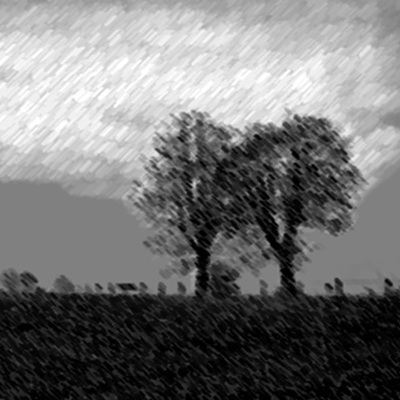
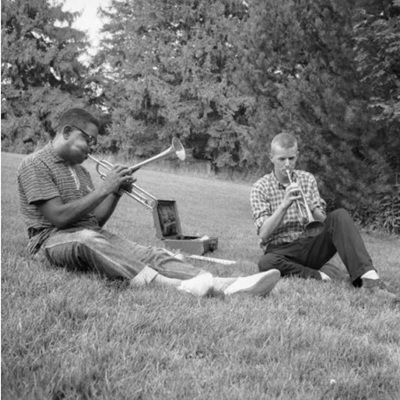


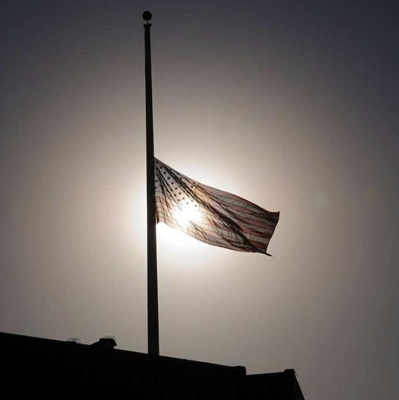



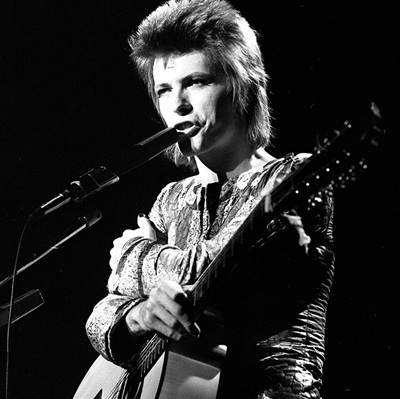

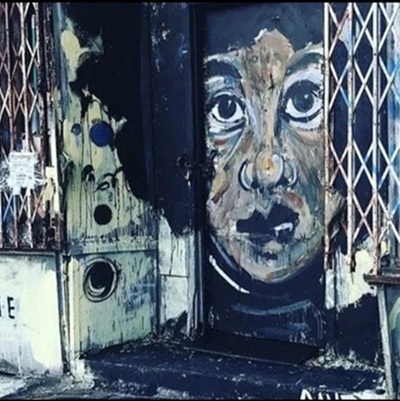




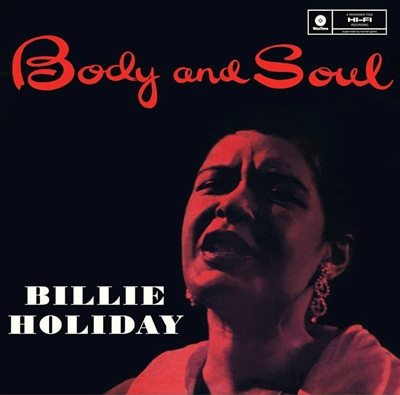
























I just discovered your website and this article alone inclines me to bookmark it and return regularly. What a find! I am a lifelong fan of The Beatles but it is fascinating to read Mingus’s thoughtful (albeit forceful) takedown. My love for The Beatles remains, but Mingus brought a new twist on the phenomenon and clearly knew what he was talking about in terms of the long history of popular music. Great contribution to the history of jazz and popular music.
Thoughtful? Seriously? Mingus sounded mostly wrongheaded and bigoted.
I was 14 years old. The Aliens had finally landed, much to our delight a great deliverance from the storm and a fresh breeze with clearing skies. Hail, hail rock and roll.